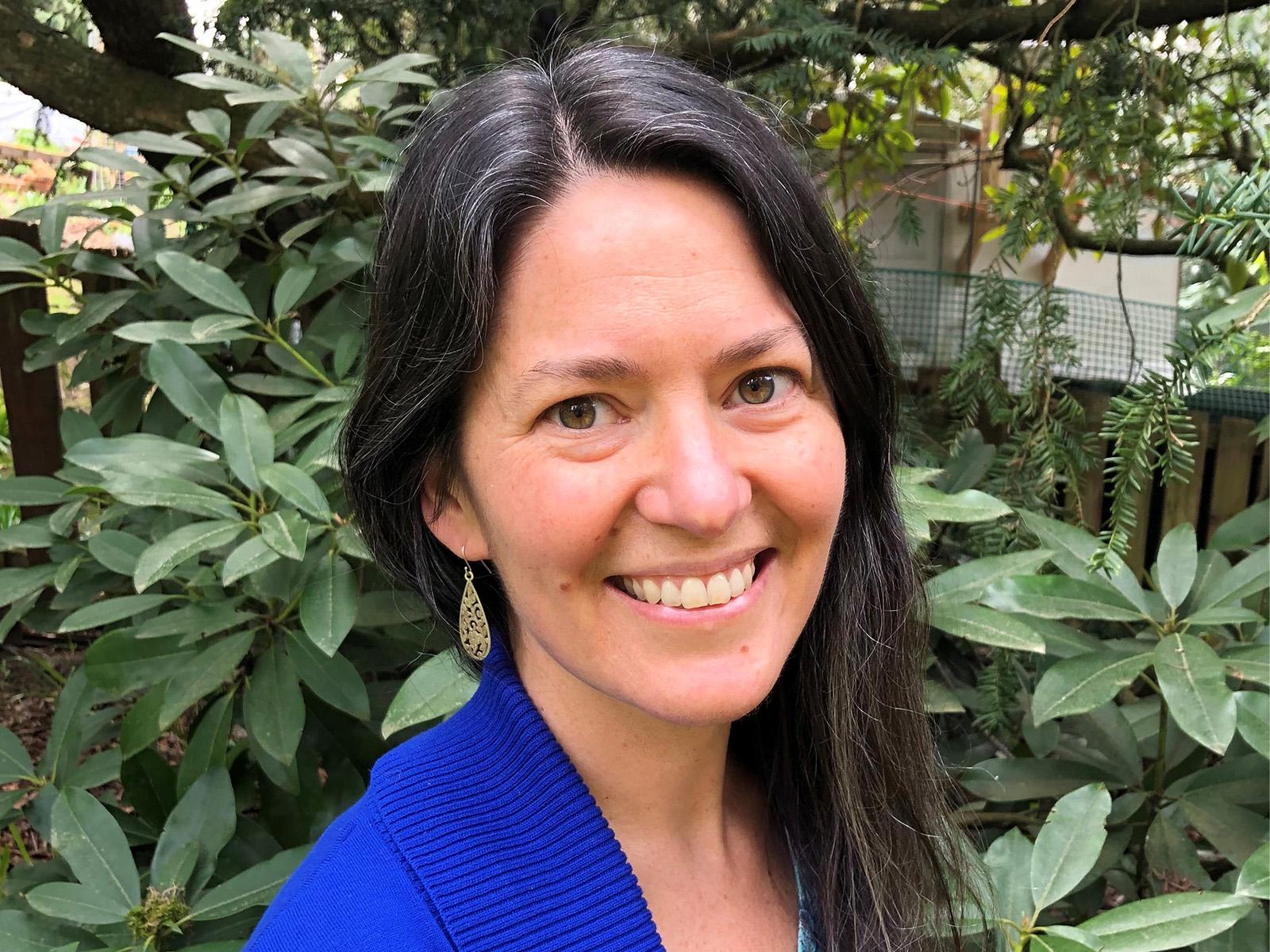Arkema Selected for National Academies of Sciences, Engineering, and Medicine Committee
The committee is focused on public health and conservation for more resilient communities

Katie Arkema, senior Earth Scientist at PNNL and joint appointee with the University of Washington, was recently selected to join the National Academies of Sciences, Engineering, and Medicine (NASEM) planning committee.
(Photo courtesy of Jameal Samhouri)
Katie Arkema, senior Earth scientist at Pacific Northwest National Laboratory (PNNL) and joint appointee with the University of Washington, was selected to join a National Academies of Sciences, Engineering, and Medicine (NASEM) planning committee. The committee is focused on identifying knowledge gaps between public health and conservation of natural systems to support more resilient future communities.
“We are trying to ensure that the choices we make today will help sustain us going forward,” explained Arkema. “This committee is working to understand how to bridge the knowledge-to-action gap between public health and conservation in order to support these interconnected systems for stronger communities.”
Arkema’s work has centered around understanding complex, interconnected systems. Her research career began with conducting studies on kelp forests off the coast of California, which gave her a strong appreciation of how connections within an ecosystem are closely tied to its health and resilience. Since then, Arkema’s research has expanded to examine the interconnections between humans and natural systems. Prior to joining PNNL, she was lead scientist at Stanford University’s Natural Capital, which aims to improve the well-being of people and the planet through targeted investments in nature.
At PNNL, Arkema studies the effects of global change on human-natural systems and works to identify innovative solutions to support the energy and resilience needs of coastal communities. Her expertise in developing models to better understand human-nature connections and focus on engaging stakeholders and decision makers in the research process, makes her an asset to the NASEM committee which focuses on the intersection of public health and conservation.
“It’s a two-way street—we rely on the ecosystem services that nature provides us, but the decisions we make as a society also influence the health of natural systems and our own health,” said Arkema.
The nine-person NASEM committee hosted a 3-day workshop in September 2022, Integrating Public and Ecosystem Health Systems to Foster Resilience, to explore ways to better include public health and nature in research and practice. The workshop had over 500 attendees from academic, government, and other sectors across 16 countries.
Workshop participants discussed the barriers to integrate public health and ecosystem conservation—such as professional and cultural silos that limit collaboration, and existing economic and political systems that do not currently account for the value of ecosystem services. To overcome these barriers, the participants identified new, more inclusive scientific and policy approaches that could incorporate both indigenous and Western knowledge to best support environmental and public health. Full proceedings of the workshop are available here.
Meanwhile, the committee is also developing classroom materials for public health and conservation college courses to share the barriers and solutions identified during the workshop. Arkema, who holds a joint appointment at the University of Washington in the School of Marine and Environmental Affairs, plans to incorporate these materials in an upcoming course she will be teaching this spring. The outcomes of the workshop will help inform future research and efforts aimed at bridging knowledge gaps between public health and conservation.
Published: March 17, 2023